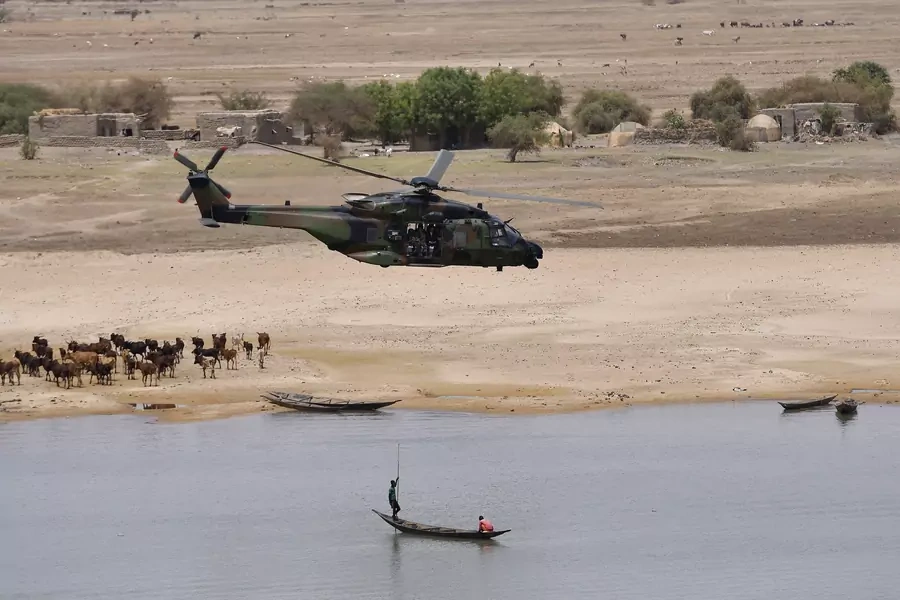Problems in the Sahel Only Growing, Says ACLED

Each year, the Armed Conflict Location and Event Data Project (ACLED) issues Ten Conflicts to Worry About, [PDF] a report flagging serious conflicts that are often underreported. The Sahel was listed as the region “most likely to be the geopolitical dilemma of 2019.” Among the others on the list, Yemen is "most likely to induce 2019’s worst humanitarian crisis," Philippines is "most likely to see an increase in authoritarianism," and Iraq is "most at risk of returning to civil war." South Sudan and Sudan, the two other sub-Saharan African conflicts on the list, are titled “most likely to see second order conflict problems,” and “most at risk of government collapse,” respectively.
The ACLED is a mapping and analysis project on political violence in Africa, South Asia, South East Asia, the Middle East, Europe, and Latin America. Highly credible and widely used by analysts, its data and analysis is freely available for public use. As a non-governmental organization, ACLED receives financial support from the U.S. Department of State, the Dutch Ministry of Foreign Affairs, the Tableau Foundation, the International Organization for Migration (IOM), the University of Texas at Austin, and the United Kingdom’s Department for International Development (DFID). According to ACLED, it has also received funding in the past from the European Union. All good company for a clear-eyed NGO.
More on:
The analysis of the Sahel dilemma highlights the resurgence of Boko Haram in northeast Nigeria and the Lake Chad basin, including its successful attacks on military installations and the occupation of some territory, as well as jihadist activity in Burkina Faso and Mali. Farmer-herder conflict in Nigeria’s middle belt, similar conflicts in Mali, and the activities of community-based militias are also discussed. ACLED’s bottom line: “the lack of political solutions to both jihadist insurgencies and inter-communal violence across the Sahel will foster an environment that allows these conflicts to expand.”
Nigeria, West Africa’s hegemon, holds its presidential and parliamentary elections on February 16. It remains to be seen whether Boko Haram factions will attempt to disrupt them, or whether the large numbers of internally displaced will be able to participate. The past eight years have shown that military force does not work, but few candidates at any level have suggested a political approach toward jihadist radicalism.
More on:
 Online Store
Online Store